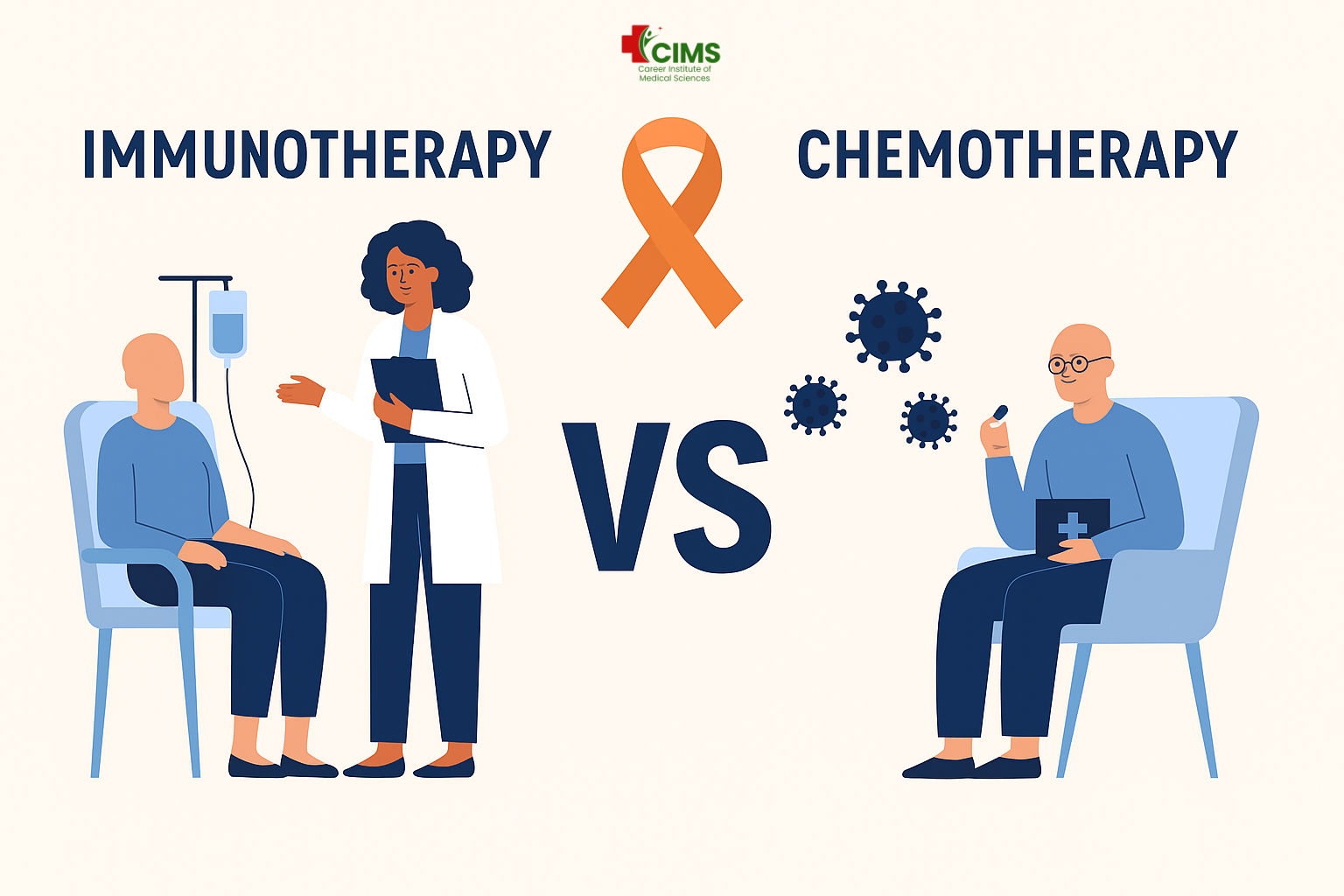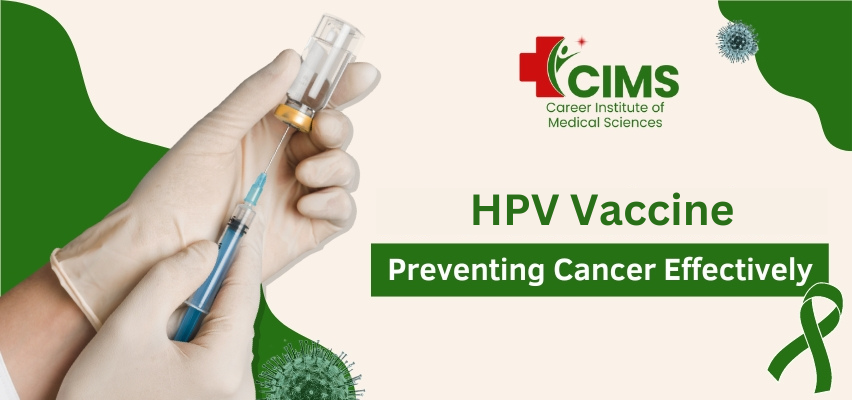Table of Contents
ToggleImmunotherapy vs Chemotherapy: Which is Better for Cancer Treatment?
Often, we hear the terms ‘immunotherapy‘ and ‘chemotherapy‘ regarding cancer treatment methods. Cancer treatment is one of the primary illnesses treated by both methods, yet they function in different ways. In this blog, we will explain in simple terms the difference between immunotherapy vs chemotherapy and how both methods are beneficial in their respective ways.
Understanding Chemotherapy Treatment
Chemotherapy focuses on specific drugs designed to destroy cancerous cells. Because cancer cells grow rapidly, chemotherapy seeks to work against them. But some healthy cells are also targeted, like those in hair or in the stomach, leading to side effects like hair loss, extreme fatigue, and vomiting, among others. The bright side is that a good number of people suffering from different types of cancer are successfully treated through it using chemotherapy. And it is known to work speedily and greatly help reduce cancer.

What is Immunotherapy?
Immunotherapy is a relatively new form of treatment that utilizes our immune system to eliminate cancer. It shifts the approach from directly destroying cancer cells to destroying them by teaching our body’s defense mechanism to recognize and eliminate those cells. As a result, it is more precise. Unlike chemotherapy, Immunotherapy might not produce side effects such as hair loss and vomiting. However, it may induce other immunologic effects like fever or changes in the skin. Sometimes, the impact of immunotherapy takes longer to show effect, yet the treatment works with the immune system after therapy.
Immunotherapy vs Chemotherapy: Both Have Their Role
Now, let’s take a look at an overview of the differences between immunotherapy vs chemotherapy:
- How they work: Immunotherapy vs Chemotherapy differ in how they function. Immunotherapy assists the body in fighting cancer and doesn’t destroy it directly, unlike chemotherapy, which attacks cancerous cells & destroys cells directly.
- Speed of results: Patients undergoing chemotherapy will experience quicker results. Immunotherapy might take longer, but it is likely to prove effective in the long run.
- Side effects: Hair loss, exhaustion, and nausea are side effects of chemotherapy, while immune-related side effects might be caused by Immunotherapy which are very different from chemotherapy side effects.
- Treatment length: Cycles of chemotherapy are taken for a fixed period of time, while Immunotherapy is continued for longer periods, even after treatment for cancer has concluded.
- Cost: Most of the time, chemotherapy is less expensive compared to Immunotherapy.
Chemotherapy vs Immunotherapy: Which One is Better?
Let us first clarify that both chemotherapy vs immunotherapy are effective treatments. Neither one is superior or inferior to the other. Each treatment is determined by multiple factors such as the type of cancer, the patient’s health, and overall physiological responses. Some patients may benefit more from chemotherapy, while others may respond better to immunotherapy. In some cases, doctors may recommend using both together.
Note: In each case, treatment is tailored to each patient’s needs. Therefore, it is advisable to speak with the doctor directly.
Conclusion: Chemotherapy vs Immunothera
In layman’s terms, chemotherapy serves as a short-term strategy targeting cancer cells, whereas immunotherapy boosts the body’s defense mechanisms to fight cancer. Both treatments serve important roles under the right circumstances.
With the comparison of immunotherapy vs chemotherapy, it is crucial to highlight each scenario. The decision regarding which treatment to provide is made depending on the patient’s condition.
So, immunotherapy, chemotherapy, or both stand as powerful resources in the fight against cancer.



